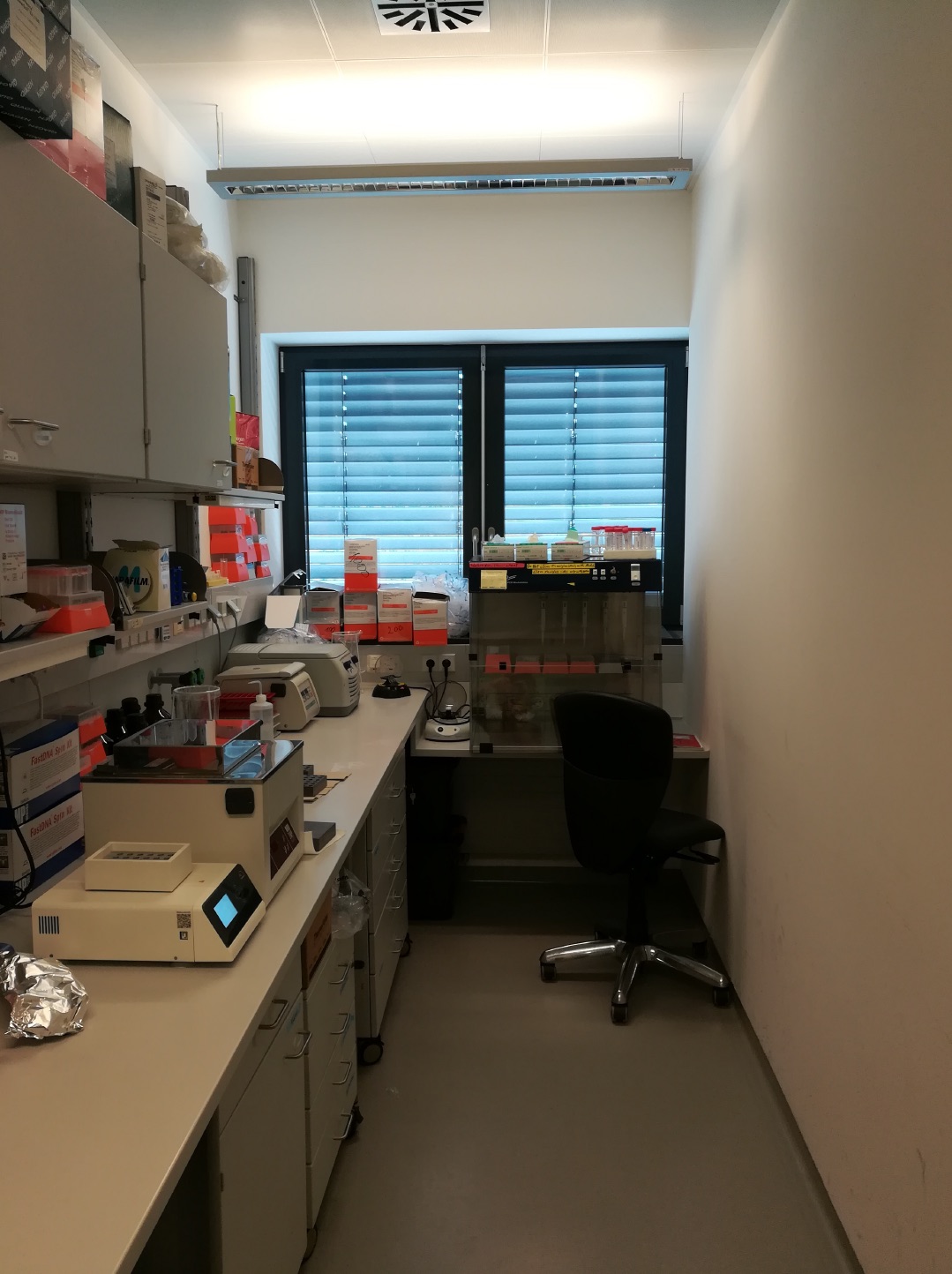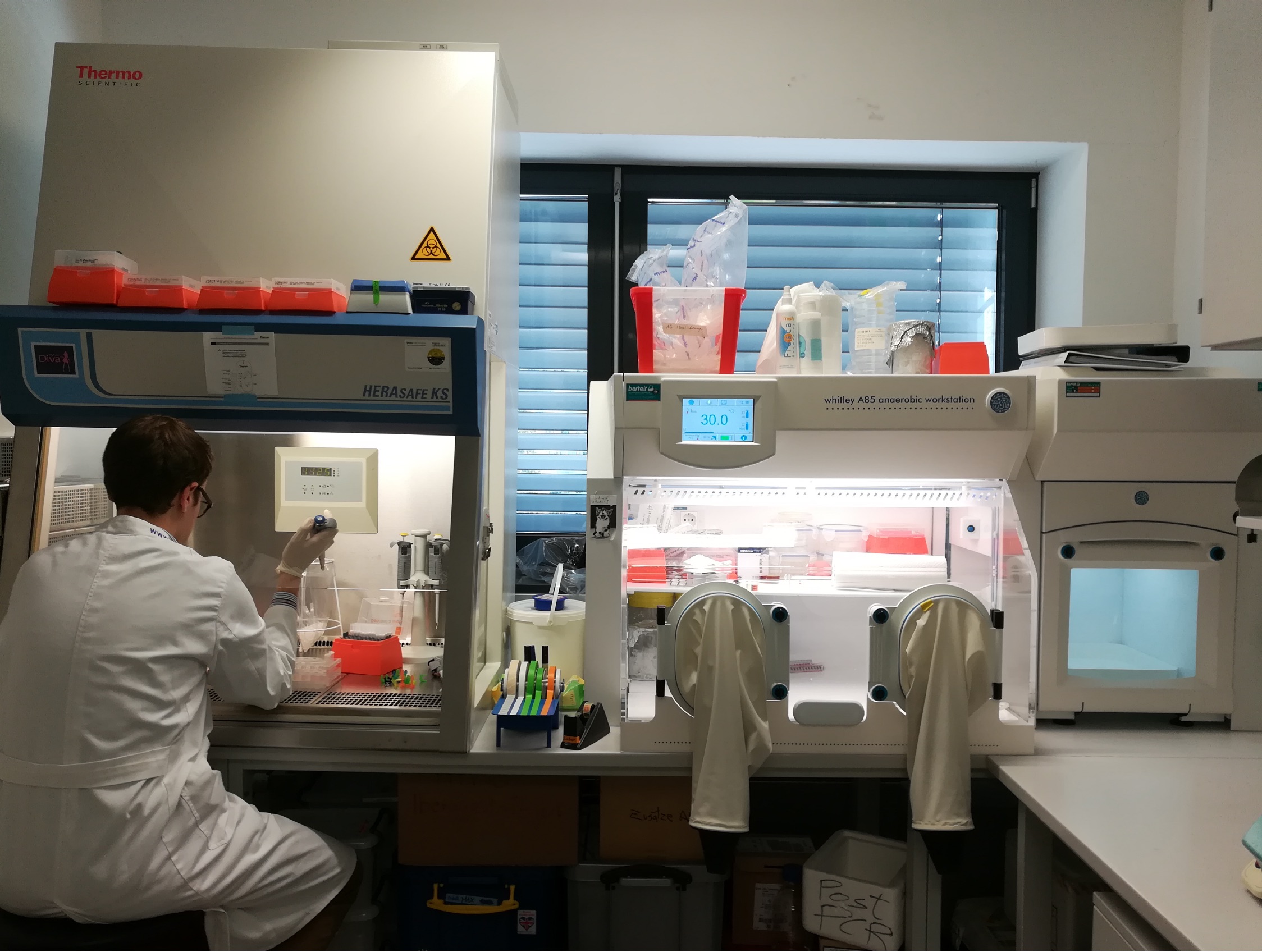TA2 Facility 19 – Center for Microbial Life Detection
Average visit: 5 days
The Center for Microbial Life Detection at the Medical University Graz provides expertise in detection and analysis of microbial signatures, and microbial cultivation. The team has large experience with microbial detection and quantification in samples from extreme environments and the growth of microbial specialists in (pure) cultures (e.g. anaerobes).
Specifically we offer:
- Life/microbiome detection in environmental and appropriate clinical samples (support in DNA extraction, selection of appropriate primers for bacteria, archaea and fungi, polymerase chain reaction (PCR), if desired in combination with propidium monoazide staining (detection of intact cells only), NGS sequencing (amplicons, metagenomics), support in bioinformatics analyses of sequence data (Qiime2; alpha-, beta-diversity etc.) and quantification of bacteria, archaea and fungi.
- Access to gas Chromatography – Mass Spectrometry (GC-MS) for determination of short fatty acids or scanning electron microscope SEM ZEISS DSM 950 for ultrastructure analysis.
- Detection of microbial cells: domain to genus-specific fluorescence in situ hybridisation, probe design and selection, visualisation using confocal laser scanning microscopy (CLSM) and cell sorting (FACS).
- Cultivation of specific microbial specialists, such as anaerobes or oligotrophs for use in laboratory experiments at the host’s institution (full set-up for growth of anaerobes: anaerobic chamber, gas station). Laboratory street (TLA) for automated high-throughput cultivation.
- Support in data analysis includes graphical display e.g. of microbial diversity and interpretation of results with respect to the metabolic capabilities of the microbiome and the possible impact on the habitat.
Contact:
Christine Moissl-Eichinger, Medical University of Graz, Diagnostic and Research Institute of Hygiene, Microbiology and Environmental Medicine, Neue Stiftingtalstraße 6, 8010 Graz, Austria. Christine.moissl-eichinger@medunigraz.at
We strongly advise you to get in touch with the host facility to discuss the technical feasibility of your proposal before submitting an application.

Report summaries of TA visits to facility
Back to the TA2 Distributed Planetary Laboratory Facility Page







